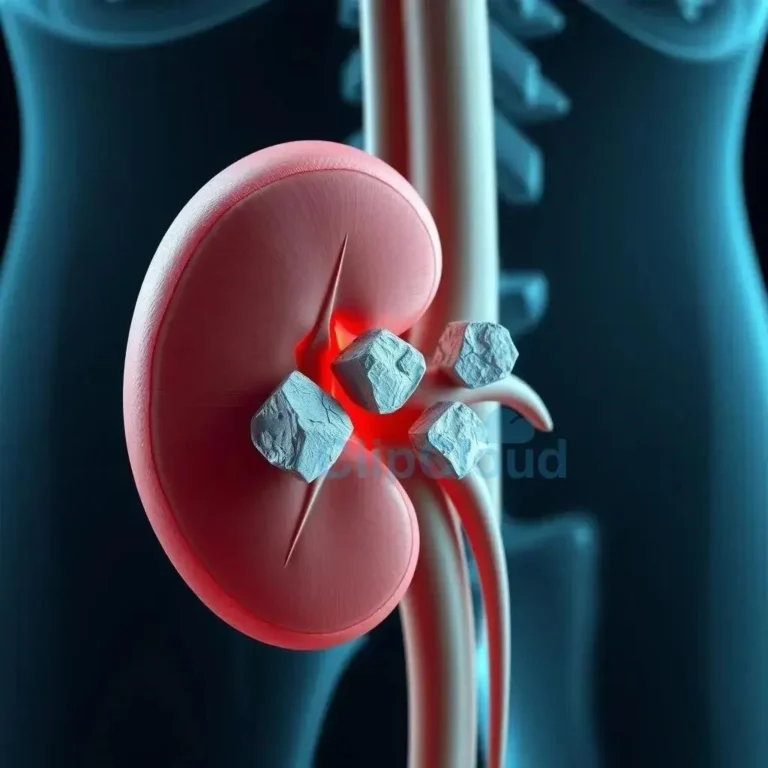Memory Loss: Understanding the Causes and Seeking Solutions
Memory loss can range from occasional forgetfulness to severe cognitive impairment. Understanding the underlying causes is crucial for seeking appropriate solutions and support.
Causes of Memory Loss: From Everyday Forgetfulness to Serious Conditions
Memory lapses can be triggered by a variety of factors, ranging from temporary lifestyle influences to more serious underlying medical conditions. Stress, lack of sleep, and certain medications can temporarily disrupt memory function. Conditions like depression and anxiety can also contribute to forgetfulness and brain fog. Nutritional deficiencies, particularly vitamin B12 deficiency, can impact cognitive abilities. Furthermore, thyroid problems can affect memory processing.
More serious causes of memory loss include conditions that affect the brain directly. Head injuries, even mild concussions, can sometimes lead to memory problems. Stroke, which disrupts blood flow to the brain, can cause significant memory impairment. Neurodegenerative diseases, such as Alzheimer’s disease and other forms of dementia, involve progressive damage to brain cells, leading to gradual memory decline and cognitive impairment. Certain infections, like encephalitis, can also affect brain function and memory. It’s crucial to consult with a healthcare professional to determine the underlying cause of memory problems and receive appropriate diagnosis and treatment.
Early Signs of Cognitive Decline and Dementia: Recognizing the Red Flags
Recognizing the early signs of cognitive decline and dementia is crucial for timely intervention and support. While occasional forgetfulness is normal, consistent difficulty with short-term memory, such as forgetting recent conversations or appointments, can be a warning sign. Struggling to find the right words or experiencing difficulty with familiar tasks, like following a recipe or balancing a checkbook, may also indicate cognitive decline. Changes in mood and personality, such as increased irritability, anxiety, or apathy, can be early indicators.
Getting lost in familiar places, difficulty with problem-solving and decision-making, and impaired judgment are also potential red flags. Decreased spatial awareness, such as misplacing objects frequently, can be a sign of cognitive changes. Experiencing visual or auditory hallucinations, although less common in early stages, can also occur. If you or a loved one experiences these symptoms, it’s essential to seek professional medical evaluation to determine the cause and explore appropriate management strategies. Early detection and intervention can significantly impact the progression of cognitive decline.
Boosting Brain Health and Preventing Memory Loss
Proactive steps can be taken to enhance brain health and reduce the risk of memory loss. Prioritizing a healthy lifestyle is key for maintaining cognitive function.
Lifestyle Changes for a Sharper Mind: Diet, Exercise, and Mental Stimulation
A healthy lifestyle plays a crucial role in maintaining cognitive function and promoting a sharper mind. A balanced diet rich in fruits, vegetables, and omega-3 fatty acids provides essential nutrients for brain health. Regular physical exercise improves blood flow to the brain, enhancing memory and cognitive function. Engaging in mentally stimulating activities, such as puzzles, reading, and learning new skills, helps keep the brain active and sharp.
Prioritizing quality sleep is essential for memory consolidation and cognitive processing. Managing stress through techniques like meditation and deep breathing can protect the brain from the detrimental effects of chronic stress. Staying socially connected and maintaining strong relationships provides cognitive stimulation and emotional support. Limiting alcohol consumption and avoiding smoking are crucial for preserving brain health; Incorporating these lifestyle changes can contribute to a healthier brain and reduce the risk of cognitive decline.
Protecting Your Brain from Dementia: Prevention Strategies and Early Intervention
While there’s no guaranteed way to prevent dementia, adopting proactive strategies can significantly reduce the risk and promote brain health. Managing chronic health conditions like diabetes and high blood pressure is crucial, as these can contribute to cognitive decline. Maintaining a healthy weight and engaging in regular physical activity protect against vascular dementia. A balanced diet rich in antioxidants and omega-3 fatty acids supports brain function and reduces inflammation.
Staying mentally stimulated through activities like puzzles, learning new skills, and social interaction helps maintain cognitive reserve. Prioritizing quality sleep and managing stress are essential for brain health. Avoiding smoking and limiting alcohol consumption further reduce dementia risk. Early intervention through cognitive assessments and seeking medical advice at the first signs of cognitive decline can help manage symptoms and potentially slow progression. While a cure for dementia remains elusive, these preventive measures can significantly impact long-term brain health.
Memory Improvement Techniques: Practical Strategies for Enhancing Recall
Various practical strategies can be employed to improve memory and enhance recall abilities. Using mnemonic devices, such as acronyms, rhymes, and visual imagery, can aid in remembering information. Organizing and chunking information into smaller, manageable units makes it easier to process and store. Paying attention and focusing during learning is crucial for encoding information into memory. Repeating and reviewing material regularly reinforces memory traces.
Getting adequate sleep is essential for memory consolidation. Minimizing distractions during study or work sessions allows for better concentration and retention. Engaging in regular physical exercise enhances blood flow to the brain, supporting memory function. Maintaining a healthy diet and managing stress levels also contribute to optimal brain health and memory performance. Practicing these techniques consistently can significantly improve memory skills and boost overall cognitive function.






